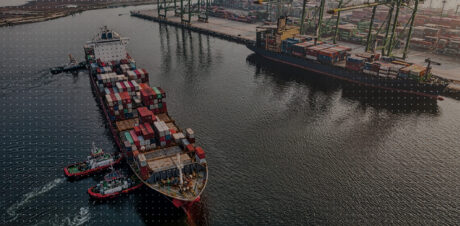U.S. Customs and Border Protection (CBP) announced on Monday it would delay an industry-wide ban of tomato and cotton produced in Xinjiang, a region in Northwest China. Our research shows that if such a ban were enacted, over 2,600 Chinese entities could be barred from U.S. import supply chains. The ban would be intended to combat China’s use of forced labor by Uighur Muslims in Xinjiang, according to Reuters.
Department of Homeland Security (DHS) acting Deputy Secretary Kenneth Cuccinelli informed Reuters on Monday that the U.S. government is continuing to explore the implications of enacting an industry-wide ban. Cuccinelli told reporters that DHS’s primary concern is how to formulate regulations that could withstand legal suits, suggesting broader import restrictions could be imposed in the future.
CBP also announced new withhold release orders—which prevent goods made with forced labor from entering the U.S.—on goods produced by six Chinese entities due to forced labor concerns. Four of the six entities are located in Xinjiang, including one cotton producer and one apparel company.
| Withhold Release Orders were issued on:All products produced through labor from the Lop County No. 4 Vocational Skills Education and Training Center (洛浦县第四职业技能教育培训中心)Hair products from Lop County Hair Product Industrial Park (洛浦县发制品产业园生产)Apparel from Yili Zhuowan Garment Manufacturing Co., Ltd. (伊犁卓万服饰制造有限公司) and Baoding LYSZD Trade and Business Co., Ltd (保定市绿叶硕子岛商贸有限公司)Cotton from Xinjiang Junggar Cotton and Linen Co., Ltd. (新疆准噶尔棉麻有限公司)Computer parts from Anhui Hefei Bitland Information Technology Co., Ltd. (安徽合肥宝龙达信息技术有限公司) |
As of now, CBP withhold release orders will not impact supply chains provided they exclude the six entities identified. However, cotton and tomatoes from Xinjiang still remain in U.S. regulators’ crosshairs and could be subject to further restrictions.



